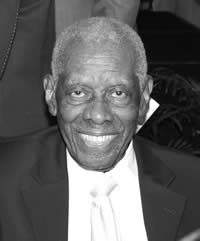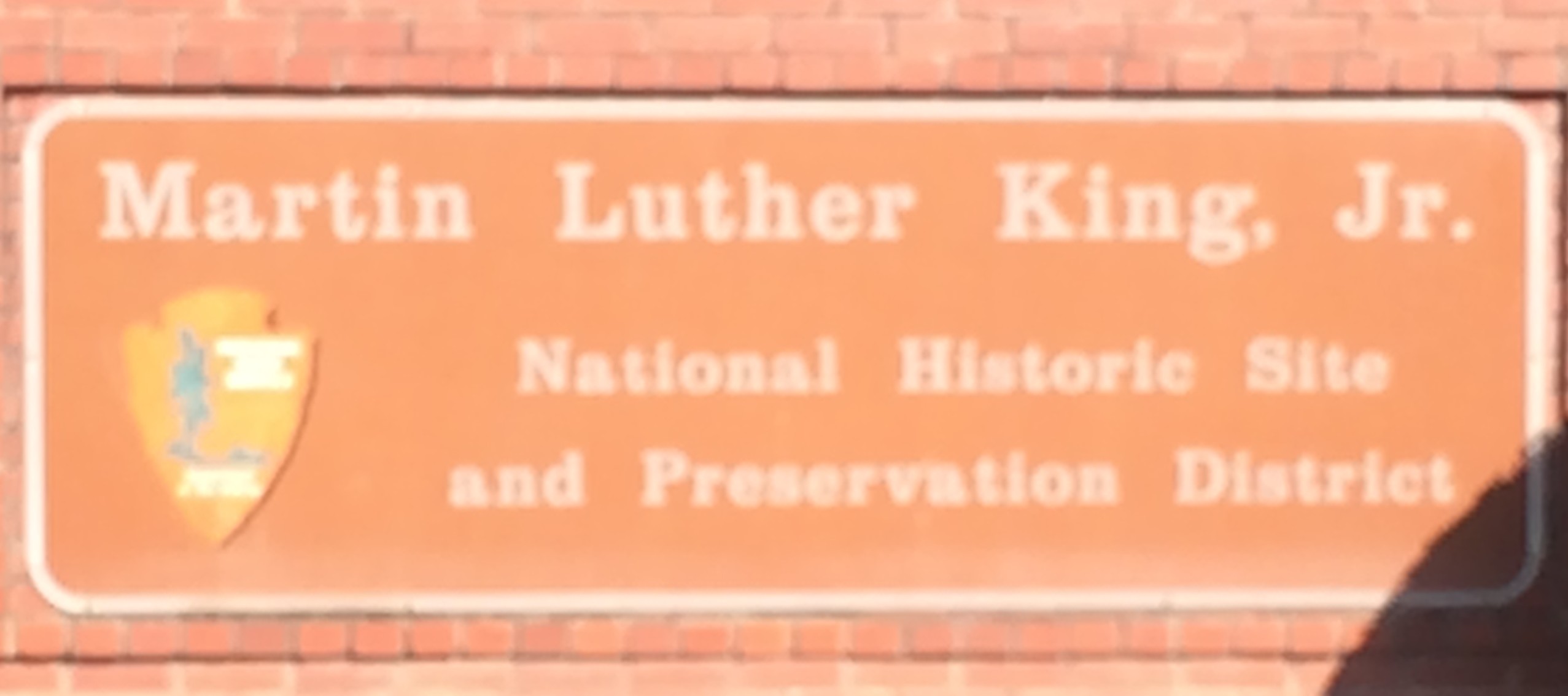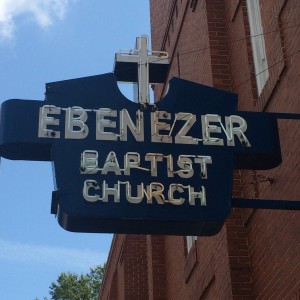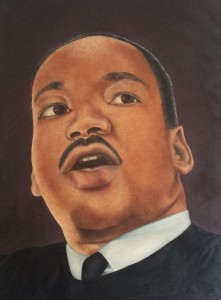I cannot even count the number of times that I have passed a street and not known the origin of the street’s name. I’m sure most people are for the most part pretty clueless about why streets are named what they are. Some people may even believe that streets are named randomly, but really, most streets are named for a purpose. Whether it is to honor a local or national leader, or to refer to a nearby landmark, the street-naming process is a drawn-out, thoughtful process that is usually meant to commemorate a figure or movement.

Take, for instance, Jesse Hill Jr. Drive: The man this street is named after was the CEO for the Atlanta Life Insurance Company on Auburn Avenue. He used his position to instruct his company to bail out individuals who were arrested for participating in non-violent protests. This intersection commemorates and encourages friendship, speaking out, and community involvement in today’s culture.
Though Jesse Hill Jr. Drive only exists in Downtown Atlanta, 84 streets around America are named after Martin Luther King Jr. The naming and renaming of streets has the purpose to commemorate and advertise the morality and beliefs of a given place, and they work to rewrite history. These men, for instance, were not the city’s favorite people, and the city definitely did not intend to commemorate their legacies during the civil rights movement. However, because they are widely appreciated and beloved by the majority of the country today, the city can capitalize on their legacy by commemorating their lives in conjunction with the street.



